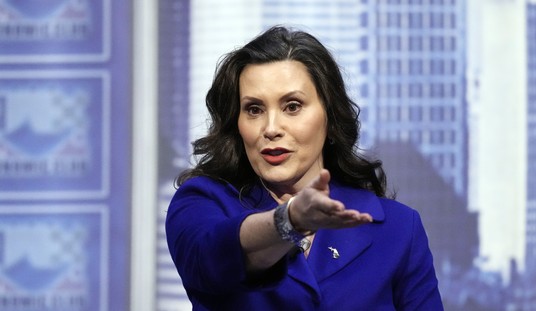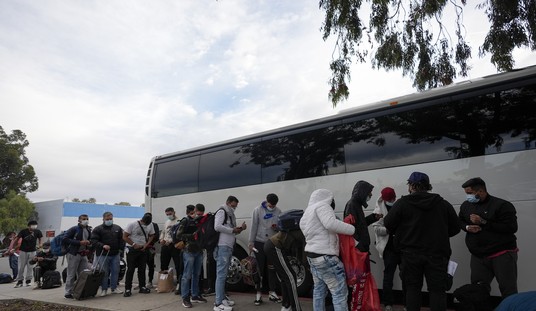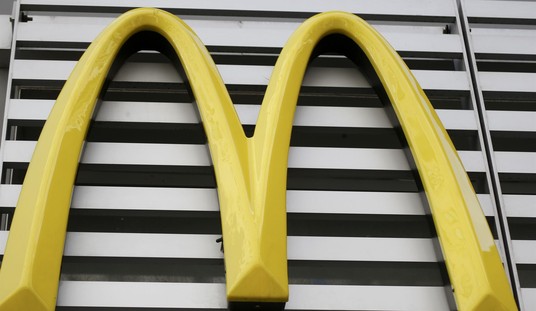Special Counsel Robert Mueller, in the course of investigating possible collusion between the Trump campaign and Russia, is said to be working out a deal with the White House for President Donald Trump to answer questions related to the dismissal of two former administration employees, national security adviser Michael Flynn and FBI Director James B. Comey.
Mueller’s desire to question the president had led some to believe he is interested in trying to determine if the president attempted to obstruct the Russian collusion investigation by ousting the two men.
The White House is reportedly willing to agree to an interview and “the president’s legal team hopes to provide Trump’s testimony in a hybrid form — answering some questions in a face-to-face interview and others in a written statement,” reports The Washington Post.
White House Press Secretary Sarah Sanders told reporters Tuesday (before news broke that Trump was considering meeting with Mueller) that the White House is eager to put the Russian investigation of collusion — which they have intimated is little more than a witch hunt — behind them.
“Frankly, this administration, we have said it time and time before, there was no collusion,” Sanders said. “There is nothing to it. We are ready to move on. Clearly the American people are. And my guess (is) some of you are tired of talking about it as well and hopefully we will get to that point soon and we can do that.”Sanders would not say whether Trump would submit to an interview with Mueller but pledged to “be fully cooperative with the special counsel.”
Mueller is also said to be seeking an interview with former Trump adviser Steve Bannon on the circumstances surrounding the firings of Flynn and Comey.
Bannon is set to interview with Mueller by the end of the month, these people say, as the special counsel’s investigation moves closer to President Donald Trump’s inner circle.
Attorney General Jeff Sessions, who was a witness to the firing of Comey, was interviewed last week, the Justice Department confirmed Tuesday.
In addition to the Comey and Flynn firings, key issues from Bannon’s time in the White House are likely to include Trump’s decision to fire then-acting Attorney General Sally Yates and any pressure the President may have exerted on Sessions about the FBI investigation into Russia’s interference with the election.
Trump tweeted he was forced to fire Flynn shortly after the former adviser resigned in February of last year and subsequently pleaded guilty to lying to the FBI about contacts with Russia. Trump’s tweet indicated Flynn was fired for lying to Vice President Mike Pence about his Russian relationships as well as lying to the FBI, which led some to believe he ousted Flynn to distance himself from impropriety regarding Russian contacts or quiet Flynn about those contacts.
Comey was let go in May after testifying that he could not comment on whether there was evidence of collusion in the Russian investigation, an effort he led at the time. Comey also told Congress that Trump had privately asked him if he could see a path to firing Flynn.
Mueller’s intent to meet with Trump regarding his decisions to let Flynn and Comey go have many believing the special counsel is trying to establish if there was a pattern of firing anyone that came close to finding evidence of collusion with Russia.
For their part, the White House is reportedly willing to meet with Mueller as a way to put the collusion narrative to bed, while at the same time insisting they had no knowledge Flynn had even met with the FBI until they were informed two days later by then acting Attorney General Sally Yates, who was also let go 10 days into the Trump presidency.
There is no date set for when Trump might meet with Mueller, but some reports suggest it could come in the next several months.













Join the conversation as a VIP Member